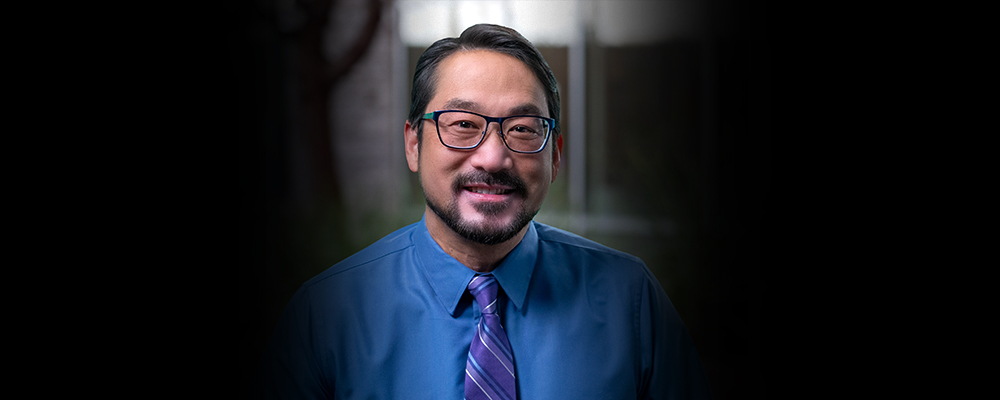Transgender and gender-nonbinary people face enormous barriers to their safety, health, and well being in the United States. These include high rates of poverty, harassment, and violence, as well as limited job opportunities and isolation from their larger communities. They also are at increased risk of depression and suicide, and lack sufficient access nationwide to physicians and care teams with expertise in their specialized needs.
To support this vulnerable population, KP Northern California established a comprehensive multispecialty gender care services program a decade ago, in which a team of experts provide patients with culturally responsive mental health services, hormone therapy, and surgical care. Dr. Shih and colleagues Douglas Balster, MD, PhD, and Jennifer Slovis, MD, all three of whom have worked with patients in this program since its inception, recognized an opportunity to take it the next level.
“We saw in our practices that patients also need social transition skills to enable them to move about safely in the world — skills like gender-affirming mannerisms, gait, speech, hair, and wardrobe,” says Dr. Slovis. “This is something that traditional medical models do not recognize as important in the care for gender-diverse people. And yet, the ability for patients to have a successful social transition holding a job, attending school, being safe in a public restroom or public transit – can be literally lifesaving.”
To meet this need, Drs. Balster, Shih, and Slovis developed Gender Expression Care, a program that helps transgender and gender-nonbinary youth and adult patients learn to express themselves in their social environment. Patients move through the program in a cohort, and receive professional coaching and workshops delivered by a gender expression specialist, with support from gender therapists, physicians, pediatricians, speech therapists, and physical therapists. Available in-person and virtually, the program provides patients with a safe space to experiment with ways of communicating and helps build community and belonging among peers. It also helps patients plan their transition timeline and goals.
“Our Gender Expression Care program is groundbreaking, and it’s attracting international attention,” says Erica Metz, MD, TPMG medical director for transgender health. “The three physicians who helped build it exemplify all the strengths of our organization and how integrated our care can be.”
